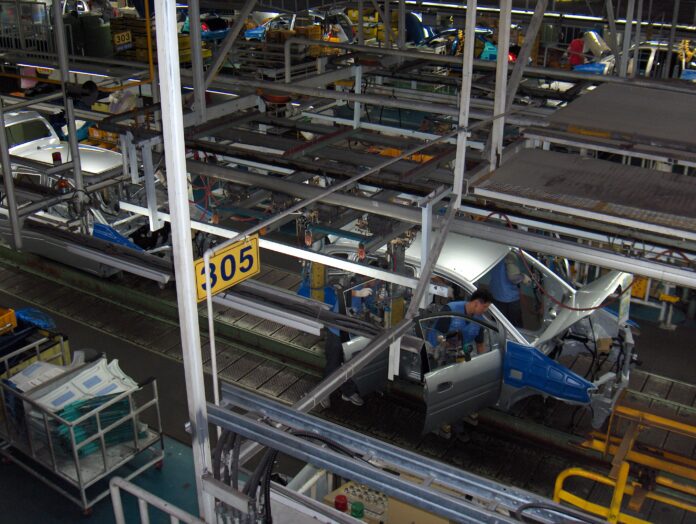In the world of corporate Lazarus acts, Dewan Farooqueue Motors is trying its umpteenth attempt at emerging from a 15-year slumber, claiming to have found the key to resurrection: electric vehicles (EVs). Yes, the same Dewan Farooque Motors that sputtered into obscurity following the 2008 financial crisis is now back, boldly asserting that it is ready to revolutionize Pakistan’s automotive industry by assembling EVs. What could possibly go wrong?
The timing is impeccable—EVs are all the rage globally, and Dewan Farooque seems to be hoping that some of this green energy glow will rub off on its dusty, long-idled facilities. In case you’ve forgotten, this is the company that once sold a smattering of Korean sedans to the Pakistani market – the Hyundai Santro – and light trucks – the Kia Shehzore – before being relegated to the graveyard of defunct manufacturers. Now, they are banking on electric vehicles to reignite their fortunes. If this sounds too good to be true, it probably is.
According to the company, they are working with a previously unheard-of manufacturer named ECO-Green Motors to bring affordable EVs to Pakistan, a country where public infrastructure for electric cars is virtually non-existent, power outages are part of daily life, and consumers are famously wary of new technology. But hey, who needs charging stations when you have enthusiasm, right? Dewan Farooque appears to believe that it can leapfrog over all the obstacles, despite having been inactive for over a decade in an industry that has since moved light-years ahead. The content in this publication is expensive to produce. But unlike other journalistic outfits, business publications have to cover the very organizations that directly give them advertisements. Hence, this large source of revenue, which is the lifeblood of other media houses, is severely compromised on account of Profit’s no-compromise policy when it comes to our reporting. No wonder, Profit has lost multiple ad deals, worth tens of millions of rupees, due to stories that held big businesses to account. Hence, for our work to continue unfettered, it must be supported by discerning readers who know the value of quality business journalism, not just for the economy but for the society as a whole.To read the full article, subscribe and support independent business journalism in Pakistan

























